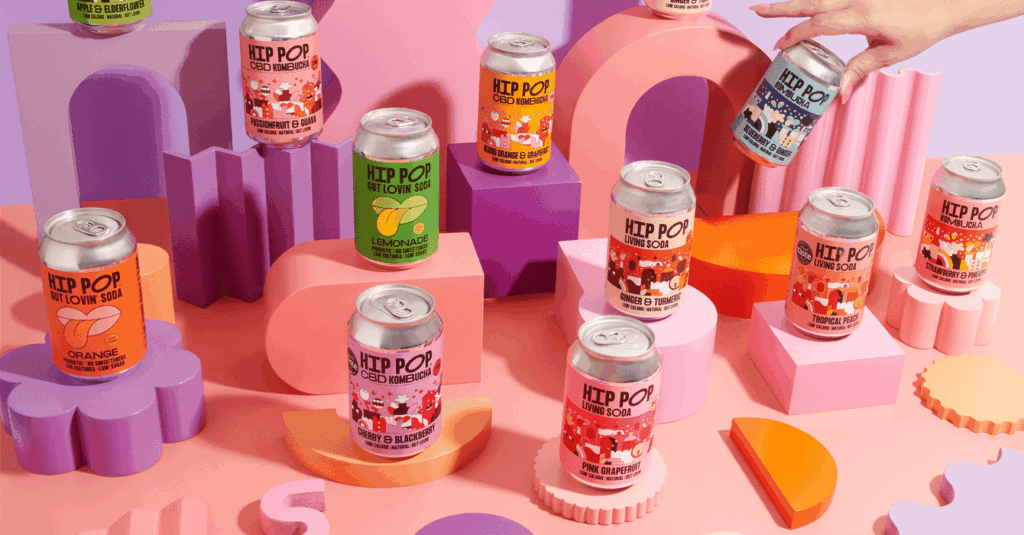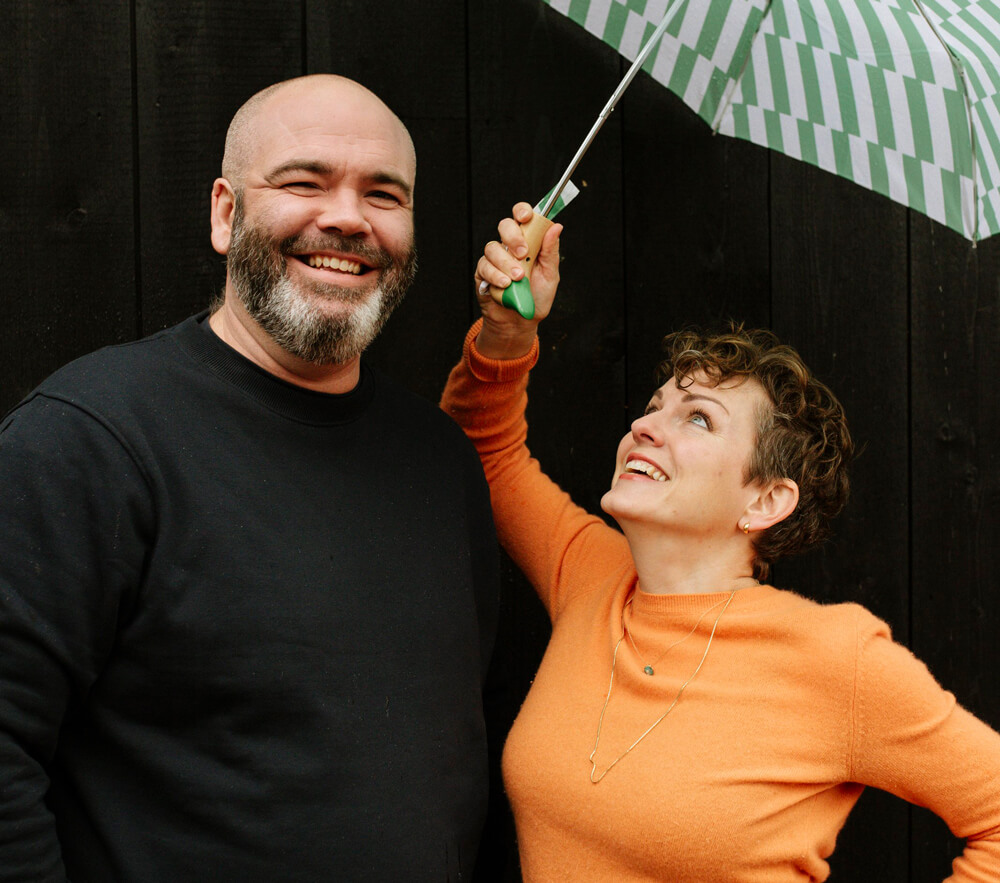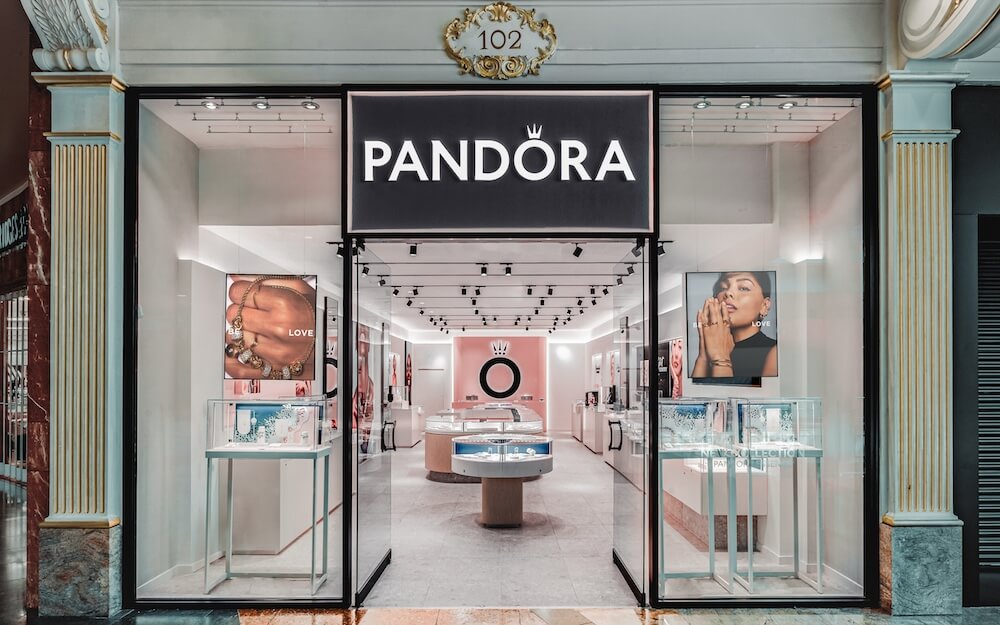Ed Ferris represents a new generation of business leaders who have successfully navigated the transition from traditional enterprise management to strategic portfolio oversight across multiple sectors. As chairman of Hip Pop, the UK’s fastest-growing carbonated drinks brand in 2024, and investor-advisor to ventures spanning food sustainability, disability support, and emerging technologies, Ferris has established himself as a catalyst for transformational business growth. His journey from inheriting the family jewellery business at 23 to scaling it into a £100 million operation recognised as the UK’s second fastest-growing mid-market company demonstrates the strategic acumen that now drives his diverse investment portfolio.

In this exclusive interview with The Executive Magazine, Ferris reveals the methodologies behind his remarkable business transformations and the evolution of his leadership philosophy from single-enterprise focus to multi-sector influence. His current ventures include revolutionary food sustainability technology through Fermtech, which reduces CO2 emissions by 98% in cocoa alternatives, and community-building initiatives that support underrepresented entrepreneurs through May Contain Nuts. From his role as chair of The Pinder Trust supporting disability access to aquatic physiotherapy, to co-founding The Impact Apothecary as an “anti-agency” for purpose-driven businesses, Ferris demonstrates how experienced leaders can leverage their expertise to drive meaningful change across industries while building commercially successful enterprises that address contemporary market challenges.
You transformed your family’s jewellery business from a £6 million operation with five shops into a £100 million enterprise. What fundamental strategic decisions enabled this extraordinary growth trajectory, and how did you maintain operational excellence whilst scaling at such velocity?
“We had been preparing for growth for 3-4 years prior, partly due to a couple of acquisitions we’d decided to back out of back in 2005 and 2007, so were financially ready for something big. We had also started to work on operating the business differently from a leadership perspective, with me stepping back from the day-to-day running to work on other things – it meant the business wasn’t so reliant on me when the time came to go fast. When everything started exploding, we put a director solely focused on our core existing business, and this allowed us to concentrate on the madness of scaling without neglecting what we already had.
“Operational excellence came in fits and starts though. Our key period was Christmas, where we could make 35% of our profits in one month, and over the first two Christmasses we made huge strides by putting key people into the main functions to constantly review and improve what we were doing. We made a lot of mistakes, but the opportunities were coming so fast, and I think in any type of explosive growth things don’t necessarily happen in the right order. The key seemed to be documenting what’s wrong and putting it on a list of things to fix when you have time to breathe! What I found to be crucial was communication from me – constantly talking to the company about what was happening, and my being present and visible.”
After successfully exiting the jewellery sector in 2021, you attempted retirement but found yourself drawn back into business within twelve months. What compelled this return, and how has your approach to leadership evolved from running a single enterprise to chairing and investing across multiple sectors simultaneously?
“I felt like I’d lost purpose – playing three rounds of golf during the week is not as fulfilling as I’d hoped.. The main catalyst for my return came from meeting Emma & Kenny, the founders of Hip Pop. We met on LinkedIn when they were raising money; I invested in them and their dream, and after supporting them from afar for 12 months they asked me to chair their business, and I felt part of something again.
“I had had a love affair with my own businesses and one day that disappeared, and I never thought I would feel that again. I was wrong. Today I work with and support a number of businesses and have even ventured back into building some of my own. I find that not being involved in the day-to-day of a business allows me to see with better clarity and observe what is happening and guide things. I think many different businesses have very similar challenges – I cut my teeth in jewellery retail but so much of what I learnt applies to almost any business.”
Your current portfolio spans carbonated beverages with Hip Pop, disability support through The Pinder Trust, and food sustainability via Fermtech’s revolutionary cocoa alternatives that reduce CO2 emissions by 98%. How do you identify investment opportunities across such diverse sectors, and what common threads connect these seemingly disparate ventures?
“The fundamentals for any business are often very similar. I may not have deep knowledge of a certain sector, but there are always people out there who do, and you just need to know how to communicate with and listen to them. What you can’t do is assess the leadership, vision, character, business plan and product quality without spending time with the people doing it.
“I spend a lot of time now going through what I call a dating process. I want to know who I am investing in; hang out together, listen, observe them in action and in real life. When it feels right, I feel like I’m ready to actually sit down right next to them on the sofa, and often that’s literally what I do. If you’re going to do something together and hopefully scale something together, you are inevitably going to get very close at times, and if it all feels right, that’s a huge advantage.”

Hip Pop achieved recognition as the UK’s fastest-growing carbonated drinks brand in 2024, securing distribution through major retailers including Sainsbury’s, Waitrose, and Harrods. What market dynamics did you identify in the beverages sector that convinced you to enter this highly competitive space, and how does your retail background inform your approach to brand building?
“I suffer from gut health issues, so it was a personal thing for me. I wasn’t drinking alcohol at the time and was fed up with the usual sugary drinks, fake alcohol, and drinks full of artificial sweeteners. I quickly found that there were a lot of people in the same situation as me. Interest in functional drinks was already high, so it seemed meant to be. As a jewellery retailer we’d been obsessed with attracting people to our windows, getting the key products in front of their eyes, and selling in the drinks environment is very similar.”

The formation of May Contain Nuts specifically targets underrepresented backgrounds in the food and drink industry, whilst The Impact Apothecary positions itself as an “anti-agency.” What market gaps prompted these unconventional business models, and how do they reflect broader shifts in how purpose-driven enterprises operate?
“Many businesses are lucky enough to have access to capital early on in their journey, but what drew me to Hip Pop was how it had been built with no silver spoon or black book. Emma and Kenny grafted and broke through a very difficult barrier, and it has been nothing short of remarkable. I am drawn to people like this and feel a responsibility (after my own privileged start) to help support businesses doing the same thing.
“Working with a lot of businesses you do see a fair few things, and some which stand out for me are: a lack of clarity internally as to what the company’s ‘Why?’ is, not knowing where it is heading and how, and money being spent on external but not on the team. I feel this is where a lot of businesses need support. When it comes to purpose, the world is shifting very fast, and a lot of established businesses are facing big shifts in their sectors. After the drain of Covid lockdowns, people lost sight of what excites them about their business. I want to help people find that purpose again. Sometimes that’s a small shift, but for others it is almost like starting again.”

Your transition from operating franchise partnerships with international brands like Pandora and Diamonfire to now chairing independent ventures represents a significant strategic pivot. What lessons from managing franchise relationships inform your current approach to scaling UK-based brands, and where do you see the greatest opportunities for British businesses in international markets?
“We had 30 years of being a business built from scratch before we worked with brands. We spent a long time carving our own path, and a lot of these businesses fit that same mould. The big pivot for me was to not be involved 100% in one thing. I have done that and got the t-shirt, as they say, but now I crave variety. I want to learn new things, share my experience with new people; I want my world to be as big as possible.
“AI is clearly a strong driver of investment especially in the States and Middle East, there is already a brain drain leaving the UK to follow this path. The UK has a great service sector, one that is going to change beyond all recognition in the next 10 years, now is a time for those decades of experience to be enhanced through AI and taken to the wider world.”
The Bureau Club and The Pump House demonstrate your commitment to fostering business community infrastructure. Given your experience scaling from a single shop to nearly 1000 employees, what critical support mechanisms do you believe emerging business leaders lack, and how do these ventures address those deficiencies?
“Community and network are fundamental for any business today. Building your own is ideal, but for a lot of us that is a long journey. We build communities beyond the sales floor for leaders and owners to connect on a friendship level. I’m a big fan and member of Jamie Stewart’s – Circle Networks business. What we do in The Bureau Club is have fun together – we go and do cool things and then we get to know about our members’ business plans and gaps. We work with them to widen their networks of customers, suppliers, investors, and mentors. We provide an additional sales support for your business that creates a strong partnership.”
Fermtech’s innovation in transforming spent grains through fermentation to create cocoa alternatives addresses both the global cocoa crisis and sustainability imperatives. How do you evaluate the commercial viability of breakthrough technologies that tackle systemic industry challenges, and what role should established business leaders play in supporting such innovations?
“Listening to the advisors and experts in the field to see what the obtainable market is, figure out the journey the business will have to go on to get there, and what their route to market is. Often with technologies like this there are some amazing brains building the technologies or developing the scientific knowledge, but they also need the practical knowledge to take that business on a journey to (in some cases) huge scale. I would urge any leaders out there today to offer their time to mentor and support some of these incredible people.”
Your portfolio includes ventures ranging from social basketball venues with Hoops Social to military teamwear through Keep Attacking, founded by decorated soldier Brian Wood MC. What criteria guide your investment decisions across such varied sectors, and how do you balance risk management with the pursuit of transformational opportunities?
“I generally don’t make purely cash investments now – after a while you must stop and wait to see how good your process of assessment is. Nowadays I look at opportunities and ask myself if I can add value, and if I want to go on the journey with them. It’s time consuming but slowing down and asking these simple honest questions of myself tends to yield good results.”
Reflecting on your journey from taking over the family business at 23 to now operating as a multi-sector investor and chair, what fundamental qualities distinguish successful leaders who can operate effectively across different industries, and what advice would you offer to executives contemplating similar portfolio careers?
“Good leaders come in many forms and characters – there is a great book by Fred Kiel called Return On Character, I can’t explain it any better than him. With regards to being able to operate across industries.. I would say that if you are secure and clear on what your strengths and experiences are, you’re halfway there. Ditch the ego; a good leader is essentially a servant. You’ll never know everything, but you can fill most gaps at least a little by finding, listening to, and trusting good people; using your network to grow your knowledge.”


